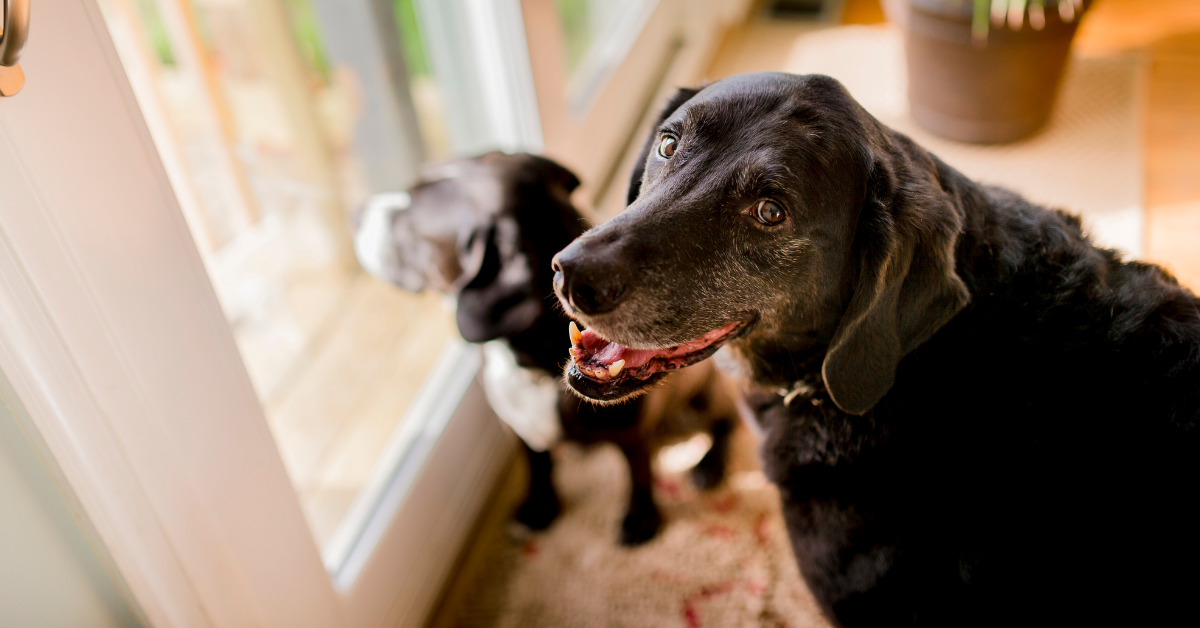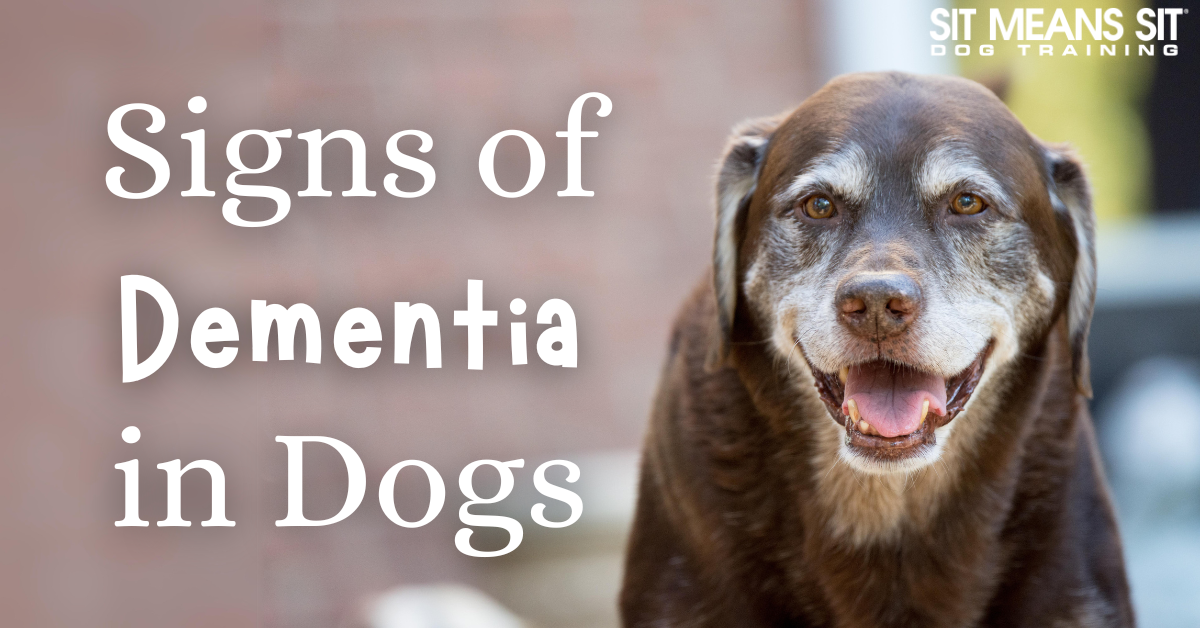Dogs bring so much joy, love, and excitement into our lives, and as they age, it’s essential to ensure they continue to enjoy their golden years! Just like humans, dogs can experience cognitive decline, often referred to as canine cognitive dysfunction (CCD) or dementia. Recognizing the following signs early helps us provide the best care for our furry friends!
Recognizing the Common Signs of Dementia in Dogs
Disorientation and Confusion
Have you noticed your dog getting lost in familiar places or staring at walls? These behaviors might indicate disorientation, a common sign of dementia. Your once confident navigator might seem puzzled or forgetful about where they are.
Changes in Sleep Patterns
Is your pup suddenly wide awake and active at night? Dogs with dementia often experience changes in their sleep-wake cycle. They may pace, whine, or even become restless during hours they previously spent snoozing.
Loss of House Training
While accidents in the house are frustrating, they might signal cognitive issues rather than defiance. A previously house-trained dog might start having accidents indoors, forgetting where they should and shouldn’t go.
Altered Social Interactions
A social butterfly turning into a wallflower? Canines with dementia may show changes in how they interact with their family or other pets. They might become less interested in socializing or more irritable than usual.
Decreased Activity and Interest
Moreover, has your energetic companion lost interest in their favorite toys or activities? Apathy towards play and exercise is another indication of dementia. Your pup might seem less enthusiastic about things they once loved.
Increased Anxiety or Agitation
Anxious behaviors, such as pacing, barking, or seeming more nervous than usual, may indicate cognitive decline. Your doggy might become more easily startled or show signs of stress in previously routine situations.

Supporting Your Dog Through Dementia
While dementia is challenging, there are many ways to support your pooch and improve their quality of life:
- Routine and Consistency: Maintaining a consistent routine can help reduce anxiety and confusion. Regular feeding times, walks, and bedtime rituals provide stability!
- Mental Stimulation: Keep your dog’s brain active with puzzle toys, training exercises, and interactive games. Mental engagement can help slow the progression of cognitive decline!
- Comfort and Safety: Ensure your home environment is safe and comfortable! Avoid moving furniture around, as familiar surroundings help reduce disorientation.
- Vet Visits: Regular check-ups with your veterinarian are crucial. They offer guidance on managing dementia and may suggest medications or supplements to support cognitive function!
In conclusion, recognizing the signs of dementia in dogs allows us to provide the care and compassion our loyal companions deserve! With patience, love, and a proactive approach, we can help our fur babies navigate this stage of life with dignity and comfort. Watch for these signs and consult your vet to ensure your dog’s golden years are as happy and fulfilling as possible!

